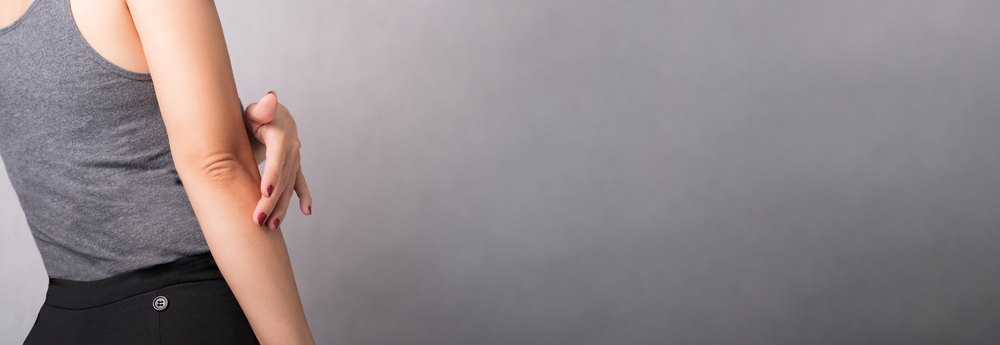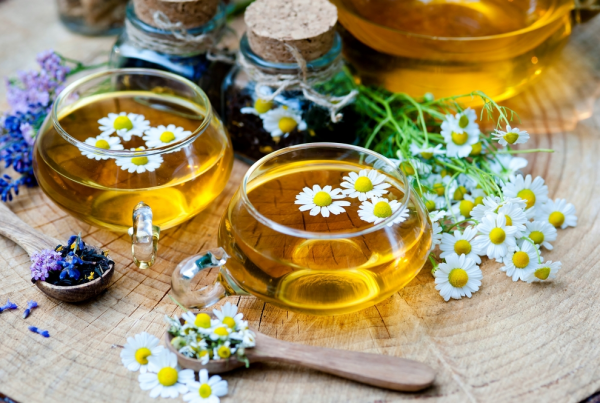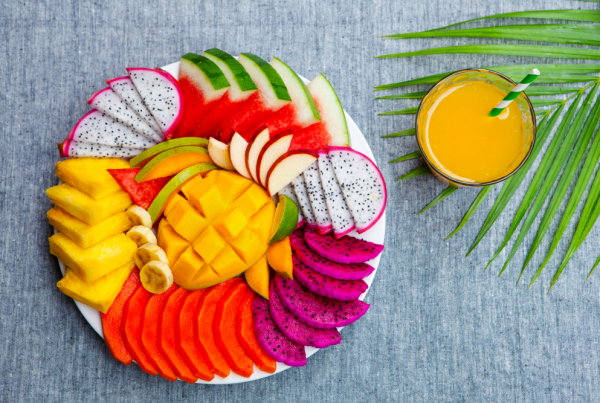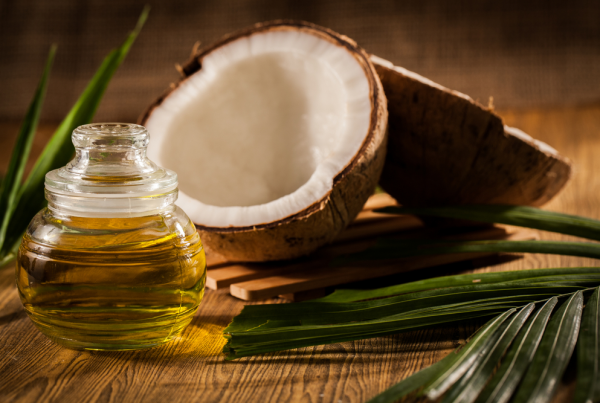Consider your skincare products in the same way you would your wardrobe: you should vary your products and how you use them seasonally, just as you would switch out lawn for cambric. And knowing if your skin is dry or dehydrated should influence your skincare choices.
Although they are frequently mistaken for one another, dry skin and dehydrated skin are two different skin issues. Dry skin lacks natural oils and is a skin type, whereas dehydrated skin lacks water and is a transient skin ailment.
Continue reading to learn more about the differences between dry and dehydrated skin, as well as how to treat each.
What is Dry Skin?
 Dry skin lacks oil in the stratum corneum, or outer layer of the skin. When you have dry skin, it generates less natural oil (sebum) than other skin types. To function properly, your skin need a good balance of sebum; oil helps hold moisture in the skin and keeps it supple and smooth. When the skin does not produce enough oil, it loses its ability to retain moisture, resulting in dry skin. Without an adequate layer of protective oils, the skin barrier is also more vulnerable to irritation and damage.
Dry skin lacks oil in the stratum corneum, or outer layer of the skin. When you have dry skin, it generates less natural oil (sebum) than other skin types. To function properly, your skin need a good balance of sebum; oil helps hold moisture in the skin and keeps it supple and smooth. When the skin does not produce enough oil, it loses its ability to retain moisture, resulting in dry skin. Without an adequate layer of protective oils, the skin barrier is also more vulnerable to irritation and damage.
- Dry skin issues include
- Itchy or rough skin
- Damaged skin
- Itching and redness
- Feels constricted
- Tiny, fine wrinkling
- Thin, delicate skin
Inflammatory and too dry skin conditions like atopic dermatitis (eczema), which is characterized by redness, cracking, and inflammation, are also more common in those with dry skin types.
How to Take Care of Dry Skin?
 Focusing on solutions that work to compensate for the skin’s natural deficiency in oil is essential for caring for dry skin. For people with dry skin types, oil-based skin care is a great option. The appropriate plant oil combinations can significantly improve a dry, flaky complexion by replacing the sebum that your skin isn’t making.
Focusing on solutions that work to compensate for the skin’s natural deficiency in oil is essential for caring for dry skin. For people with dry skin types, oil-based skin care is a great option. The appropriate plant oil combinations can significantly improve a dry, flaky complexion by replacing the sebum that your skin isn’t making.
The following are some of the top plant oils for dry skin:
Jojoba: Jojoba is a great facial oil because it has a molecular structure that is similar to the natural sebum produced by your skin. It supports hydration, balance restoration, and skin barrier strengthening.
Avocado: Rich in anti-inflammatory, emollient, and antioxidant properties, avocado oil calms, hydrates, and prevents free radical damage to the skin.
Rosehip: Rosehip, which is rich in omega-6 and omega-3 fatty acids, is valued for its ability to moisturize and repair dry, irritated, and damaged skin. Additionally, it quickly absorbs into the skin, forming a barrier that prevents moisture loss.
It’s also vital to avoid products that include harsh substances that strip skin of moisture and oil, leaving it dry, flaky, and tight. For example
- Benzoyl peroxide
- Salicylic acid
- Alcohol
- Witch hazel
- Sodium lauryl sulfate
What Is Dehydrated Skin?
 Dehydrated skin lacks water as opposed to dry skin, which is a skin type, and unlike dry skin, which is a temporary skin ailment that can affect all skin types. Even greasy ones.
Dehydrated skin lacks water as opposed to dry skin, which is a skin type, and unlike dry skin, which is a temporary skin ailment that can affect all skin types. Even greasy ones.
Signs of a dehydrated face consist of:
- Even after moisturizing, skin still feels constrictive and unpleasant.
- Redness
- Congestion
- Having a glossy, greasy complexion
- Inflammation
- More noticeable fine lines and wrinkles
Dehydration brought on by lifestyle choices like smoking, drinking too much alcohol, or not drinking enough water, as well as environmental variables like the weather.
How to Take Care of Dehydrated Skin?
 Treating dehydrated skin requires the use of dehydrated skin products containing substances that replace the skin’s water content. Hyaluronic acid is the most effective component for combating dehydration. Because of its ability to store 1000 times its weight in hydration, it provides a massive dose of moisture to the skin! Hyaluronic acid, a humectant, transfers moisture from the air to the skin, plumping and rehydrating cells from the inside out. Because serums are quickly and deeply absorbed into the skin, they are the quickest way to supply hydration to a dehydrated complexion.
Treating dehydrated skin requires the use of dehydrated skin products containing substances that replace the skin’s water content. Hyaluronic acid is the most effective component for combating dehydration. Because of its ability to store 1000 times its weight in hydration, it provides a massive dose of moisture to the skin! Hyaluronic acid, a humectant, transfers moisture from the air to the skin, plumping and rehydrating cells from the inside out. Because serums are quickly and deeply absorbed into the skin, they are the quickest way to supply hydration to a dehydrated complexion.
Take a comprehensive approach to treating dehydrated skin.
Using the appropriate dehydrated skin products is only one aspect of combating dehydration. You might also need to change your way of living for the greatest outcomes. For instance, consume more foods that are high in water and less foods that are salty (salt dries out the skin).





